Holiday drinking safety
5 Alcohol Safety Tips For The Holidays
The holiday season brings plenty of family, friends, and tradition. As we gather with those closest to us, we turn to the festive customs that make the holiday season one of the most memorable times of the year. But for many people, the festivities can bring trouble. Alcohol safety and awareness are a significant focus for a lot of people this time of year.
The holiday spirit is contagious. For the young ones, the idea of the big guy in red dropping down the chimney is enough to stoke the holiday fervor. But eventually, we age out of the mythical trappings of the season. And some people shift their focus to a different type of holiday spirit, the one that comes in a bottle.
It’s nothing new for celebrations to include alcoholic beverages. Cultures around the world and through the centuries have enjoyed this tradition. It can be fun to have some drinks at the company holiday party, and the wine may be flowing at your family Christmas dinner.
With the hectic nature of the holidays, it can feel good to kick back with a cold one.
If you feel that you or your loved ones need support in managing their relationship to alcohol, reach out to the Fair Park Counseling team. We are here to help, no matter the season.
Binge Drinking During the Holidays
Enjoying a few drinks is one thing. But more people overdo it with drinking during the holiday season than at any other point of the year. In fact, the liquor industry earns about 25% of its profits in the weeks between Thanksgiving and New Year’s.
For a lot of people, a couple of drinks can quickly become too many drinks. Binge drinking can lead to consequences ranging from the trivial, like making a fool of yourself, to the life-altering, like being arrested for driving under the influence. And in the worst circumstances, binge drinking can be deadly.
It is crucial not only to know your limits but also to be aware that the holidays can lower your guard and lead to unsafe situations.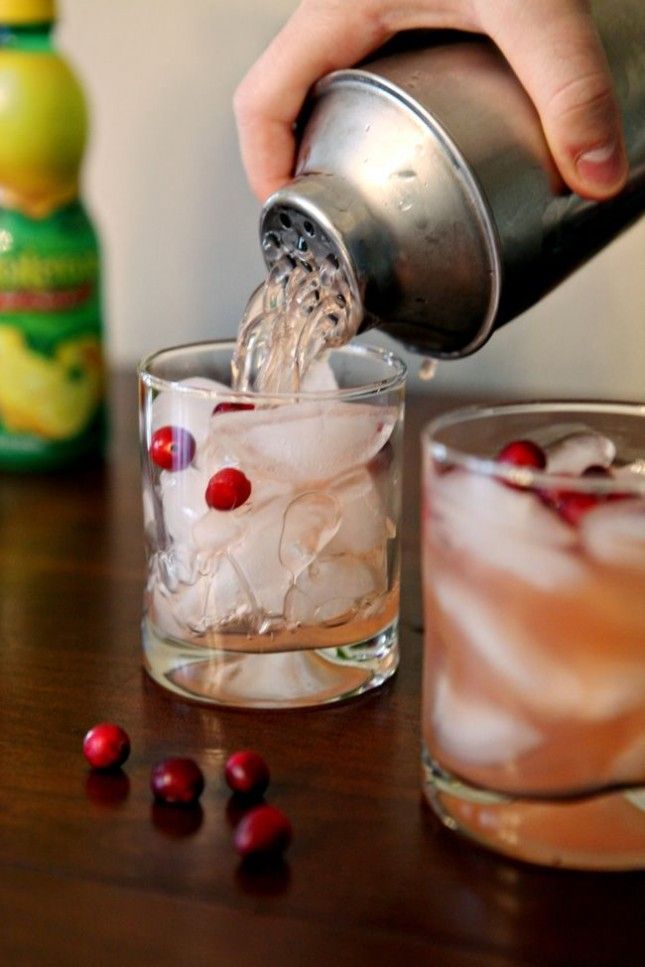 Make alcohol safety front and center in your mind this season so that you can come through intact.
Make alcohol safety front and center in your mind this season so that you can come through intact.
Stay Safe with These 5 Alcohol Safety Tips
This time of year is a time of joy and warmth, regardless of whether or not you drink. But if you plan on imbibing this season, there are ways to keep yourself safe.
1. Don’t play games with your booze.
Drinking games are fun and look great in movies. But they also encourage binge drinking and all the unfortunate consequences that come along with it. Experts consider binge drinking for men to be consuming more than five drinks in one sitting. For women, the number is four drinks.
The stats don’t lie. When you binge drink, you are much more likely to incur an injury or other health issues, harm others, or destroy property. None of those things should be part of your holiday celebrations.
Your reindeer games don’t need to include Beer Pong or Drinking Die Hard. If you do incorporate alcohol into your party games, make sure you give contestants ample time for water breaks and have plenty of snacks on hand. It is essential to keep everyone full and hydrated when drinking begins.
It is essential to keep everyone full and hydrated when drinking begins.
2. Be smart about how much you can drink.
Most people have heard some guidelines about how much alcohol you can handle based on your size. There are a lot of old wives’ tales and urban myths concerning tricks to keep you in prime drinking shape. But in general, they aren’t legitimate.
Factors such as weight, gender, and how much food and water you’ve consumed will impact how quickly you absorb alcohol. But the bottom line is, binge drinking is dangerous for anyone, no matter their size or gender. Keep your drinks to a minimum and spaced out over several hours.
3. Eat.
This tip is a simple one. Keep your belly full of food. Eating before and during alcohol consumption is essential for your safety. Eating slows down the rate at which your body absorbs alcohol. It also keeps you from drinking too much because you already feel full.
If you are the host, be sure there are plenty of snack options available for your guests. And have water readily available in several spots throughout the venue.
And have water readily available in several spots throughout the venue.
4. Mix up the mixers with non-alcoholic choices.
Who says that a drink needs to include alcohol to be fun? The holidays offer lots of great-tasting, special drinks that fit the bill for a party. Libations such as egg nog, apple cider, and sparkling water are perfect examples of non-alcoholic beverages that feel special and festive.
If you do choose to imbibe, be sure to alternate your rounds with booze-free options. A full glass of water between beverages can make a big difference.
5. Keep a tally of your indulgence.
Since binge drinking is all about the numbers, keep track of how much you are drinking in one sitting. Holiday parties can make this particularly challenging as you may be refilling the same cup. It’s easy to lose count.
Find a pen and make a tally mark on the side of your cup to help you stay mindful of your consumption. Or get creative with the holiday items nearby. You could slap a bow on your ugly sweater each time you get a new drink. Or consider wrapping a ribbon around your wrist each time you refill. Whatever it takes to help you keep track of the number of beverages that you have had.
You could slap a bow on your ugly sweater each time you get a new drink. Or consider wrapping a ribbon around your wrist each time you refill. Whatever it takes to help you keep track of the number of beverages that you have had.
You could also ask a friend or family member to help you pay attention to the number of drinks you’ve had. But ultimately, this is your responsibility, not theirs.
Drink Safely this Season
Regardless of how you choose to celebrate the holidays, alcohol is likely to be present. If you or a loved one struggles with addiction or substance abuse, the team at Fair Park Counseling can help. Reach out today to start your journey to wellness.
The Truth About Holiday Spirits
Many of us look forward to celebrations during the holidays, yet it is also a time when some people are more likely to drink beyond their limits than at other times of the year. Some people will experience adverse consequences that range from fights to falls to traffic crashes.
Myths Persist
Despite the potential dangers, myths about drinking persist, which—for some—can prove fatal. Scientific studies supported by the National Institute on Alcohol Abuse and Alcoholism provide important information that challenges these widespread, yet incorrect, beliefs about how quickly alcohol affects the body and how long the effects of drinking last.
Alcohol’s Effects Begin Quickly, Before You Know It!
People may not recognize that critical decision-making abilities and driving-related skills are already diminished long before they show overt signs of intoxication.
Initially, alcohol may appear to act as a stimulant, so people who drink may feel upbeat and excited. But don’t be fooled. Alcohol decreases inhibitions and judgment and can lead to reckless decisions.
As people consume more alcohol, reaction times get longer and behavior becomes poorly controlled and sometimes even aggressive—leading to fights and other types of violence. Continued drinking causes the slurred speech and loss of balance that is typically associated with being drunk.
Continued drinking causes the slurred speech and loss of balance that is typically associated with being drunk.
Alcohol can also cause blackouts—which are gaps in a person’s memory while they were intoxicated. These gaps happen when a person drinks enough alcohol to temporarily block the transfer of memories from short-term to long-term storage—known as memory consolidation—in a brain area called the hippocampus. At higher blood alcohol concentration levels, alcohol acts as a clear depressant, which can cause people who drink to pass out if the dose is high enough. At even higher levels, people who drink face the danger of life-threatening alcohol overdose due to the suppression of vital life functions.
Even When Drinking Stops—Alcohol’s Effects Do Not Stop
During an evening of drinking, it’s easy to misjudge how long alcohol’s effects last. For example, many people believe that they will begin to sober up—and be able to drive safely—once they stop drinking and have a cup of coffee. The truth is that alcohol continues to affect the brain and body long after the last drink has been finished. Even after someone stops drinking, alcohol in the stomach and intestine continues to enter the bloodstream, resulting in impaired judgment and coordination for hours.
The truth is that alcohol continues to affect the brain and body long after the last drink has been finished. Even after someone stops drinking, alcohol in the stomach and intestine continues to enter the bloodstream, resulting in impaired judgment and coordination for hours.
Before You Celebrate—Plan Ahead
Of course, we don’t intend to harm anyone when we celebrate during the holiday season. Yet, violence and traffic fatalities associated with alcohol misuse persist, and myths about drinking live on—even though scientific studies have documented how alcohol affects the brain and body.
Because individuals differ, the specific effects of alcohol on an individual will vary. But certain facts are clear—there’s no way to make good decisions when you are intoxicated, and there’s no way to sober up faster.
So, this holiday season, do not underestimate the effects of alcohol. Don’t believe you can beat them, or they may beat you. Think before you drink.
Here are some tips to keep in mind if you host a holiday gathering:
- Offer a variety of alcohol-free drinks—water, juices, sparkling sodas.
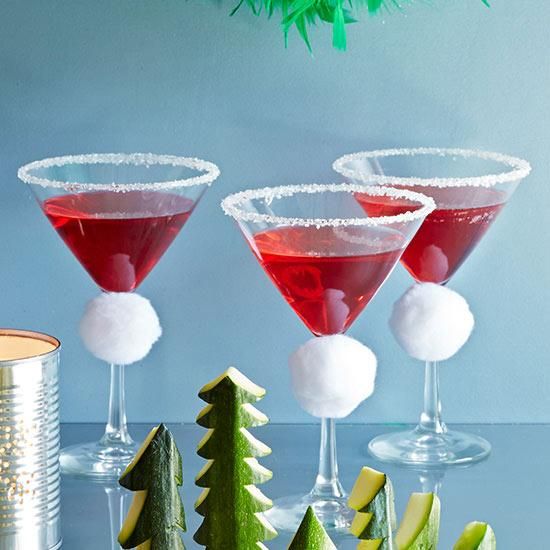 Alcohol-free drinks help counteract the dehydrating effects of alcohol. Also, the other fluids may slow the rate of alcohol absorption into the body and reduce the peak alcohol concentration in the blood. They also provide your guests with alternatives to alcohol.
Alcohol-free drinks help counteract the dehydrating effects of alcohol. Also, the other fluids may slow the rate of alcohol absorption into the body and reduce the peak alcohol concentration in the blood. They also provide your guests with alternatives to alcohol. - Provide a variety of healthy foods and snacks. Food can slow the absorption of alcohol and reduce the peak level of alcohol in the body by about one-third. Food can also minimize stomach irritation and gastrointestinal distress the following day.
- Help your guests get home safely—use designated drivers and taxis. Anyone getting behind the wheel of a car should not have ingested any alcohol.
- If you are a parent, understand the underage drinking laws—and set a good example.
Have a safe holiday season!
Sobering Up–Myths and Facts
Myth: Drink coffee. Caffeine will sober you up.
Fact: Caffeine may help with drowsiness but not with the effects of alcohol on decision-making or coordination.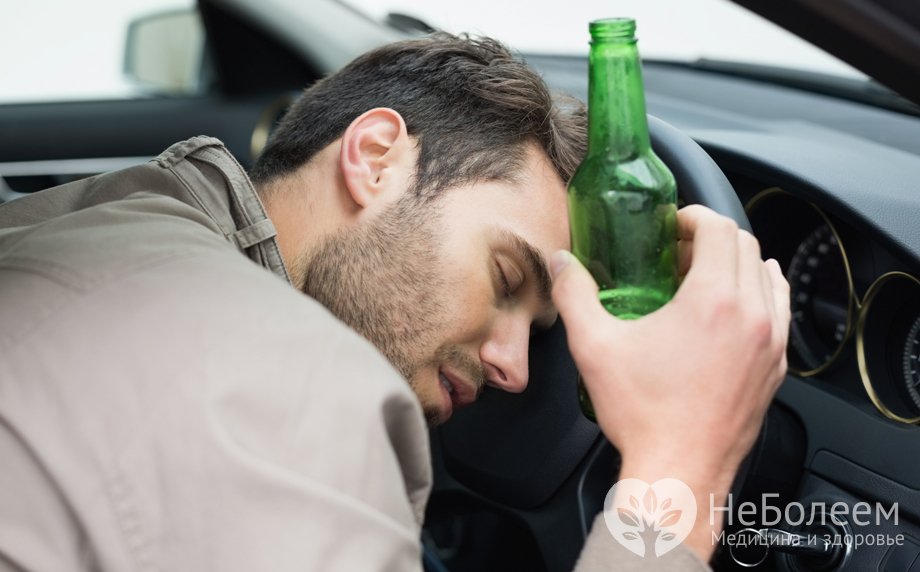 The body needs time to metabolize (break down) alcohol and then to return to normal. Also, when caffeine wears off, your body will need to deal with post-caffeine sleepiness, which adds to alcohol-induced sleepiness. There are no quick cures—only time will help.
The body needs time to metabolize (break down) alcohol and then to return to normal. Also, when caffeine wears off, your body will need to deal with post-caffeine sleepiness, which adds to alcohol-induced sleepiness. There are no quick cures—only time will help.
Myth: You can drive as long as you are not slurring your words or acting erratically.
Fact: The coordination needed for driving is compromised long before you show signs of intoxication and your reaction time is slowed. Plus, the sedative effects of alcohol increase your risk of nodding off or losing attention behind the wheel.
Myth: The warm feeling you get from drinking alcohol insulates you from the cold of winter. When you’re drinking, there’s no need to wear a coat when it’s cold outside.
Fact: Alcohol widens the tiny blood vessels right under the skin, so they quickly fill with warm blood. This makes you feel warm or hot, and can cause your skin to flush and perspire.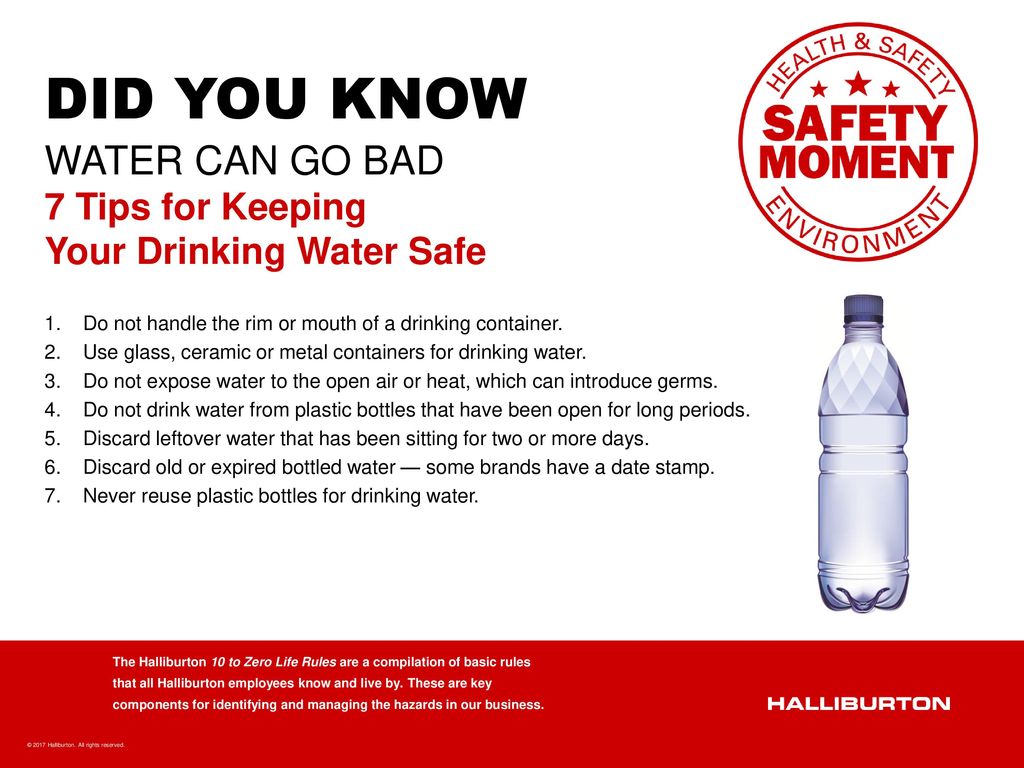 But your body temperature is actually dropping, because while alcohol is pulling warmth from your body’s core to the skin surface, it is also depressing the area of your brain that controls temperature regulation. In cold environments, this can lead to hypothermia. So, wear a coat when it’s cold outside, particularly if you are drinking alcohol.
But your body temperature is actually dropping, because while alcohol is pulling warmth from your body’s core to the skin surface, it is also depressing the area of your brain that controls temperature regulation. In cold environments, this can lead to hypothermia. So, wear a coat when it’s cold outside, particularly if you are drinking alcohol.
For information about alcohol use disorder and how to get help, please visit: https://alcoholtreatment.niaaa.nih.gov.
On holiday - by car - STOP newspaper
- Having had enough of the three-star "all inclusive" on the Turkish shores and physical exercises "in the pose of a summer resident" on six-hundred-meter haciendas, more and more compatriots during the summer holidays load tents, sleeping bags and beach accessories into the trunk of their vehicle, arm themselves with cameras and a thirst for explorers and go to the Great Car Adventure.
Preparing your vehicle
The first thing to do before you travel is to prepare your vehicle.
 Shortly before the trip, arrange a complete and captious technical inspection for your "iron horse", so that later you do not regret ruining your vacation due to some trifling breakdown that is fixed in half an hour, but only in a car service. Don't rely on luck. If some part of the car gives the first signals of malfunctions, do not be lazy, check everything thoroughly and fix the malfunctions. Remember: where it is thin, it breaks there.
Shortly before the trip, arrange a complete and captious technical inspection for your "iron horse", so that later you do not regret ruining your vacation due to some trifling breakdown that is fixed in half an hour, but only in a car service. Don't rely on luck. If some part of the car gives the first signals of malfunctions, do not be lazy, check everything thoroughly and fix the malfunctions. Remember: where it is thin, it breaks there. It is advisable to carry out a complete diagnosis of the engine and check the performance of systems and assemblies. If it's time, replace consumables: engine oil, filters, spark plugs, belts, brake pads. If you have doubts about the reliability of the battery, it is better to put in a new one. Check the oil level not only in the engine, but also in the gearbox. Arrange a complete revision of the brake system, replace cracked brake hoses with new ones, make sure that the brake fluid does not leak. Inspect the suspension and chassis components, in particular the rubber anthers.
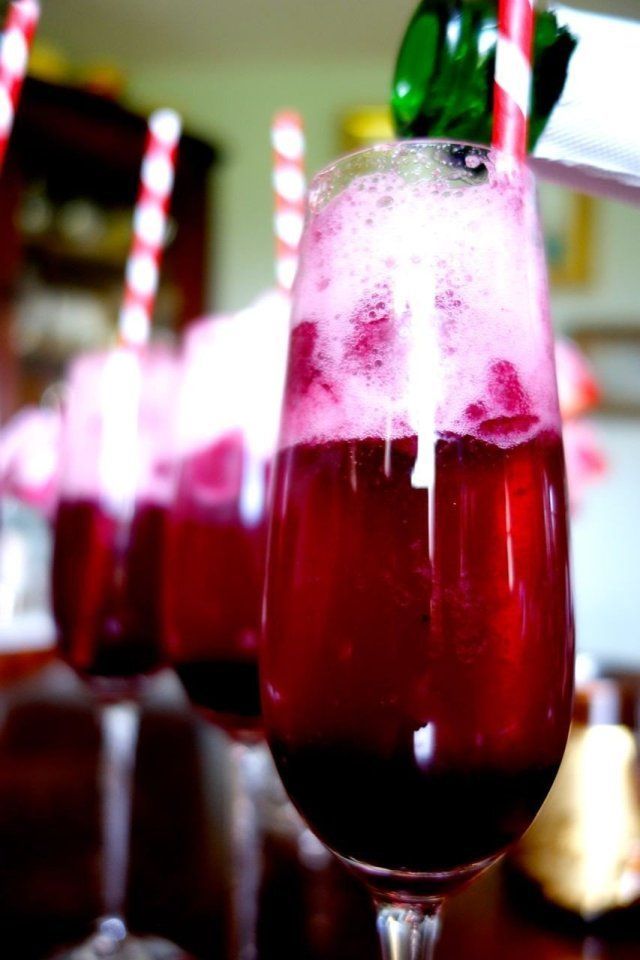 Adjust valve clearances, belt and chain tension, ignition timing, carburetor. Be sure to adjust the headlights so as not to blind oncoming cars and wheel alignment at night on the highway. The latter will prevent premature wear of the rubber. If your knowledge is not enough to carry out all these works, visit a car service.
Adjust valve clearances, belt and chain tension, ignition timing, carburetor. Be sure to adjust the headlights so as not to blind oncoming cars and wheel alignment at night on the highway. The latter will prevent premature wear of the rubber. If your knowledge is not enough to carry out all these works, visit a car service. Check tires. The pressure in them must meet the technical requirements, you can not pump the wheels, because when driving they heat up, and the pressure in them rises, which can lead to an accident.
It is better to finish all technical efforts a week before the trip in order to make several test drives that will help to identify and correct shortcomings in the preparation of the car in time.
Experienced motorists know the "chronic ailments" of their car. Therefore, before the trip, do not just double-check the vulnerabilities, but also put the necessary tools and spare parts in the trunk. Of course, no one encourages you to carry a complete cylinder block with you, but a set of wrenches of the required sizes must be there.
 Regardless of the brand of your car, we advise you to take a carrying lamp or a flashlight, a set of bulbs and fuses, an ignition distributor cap, a slider, a couple of candles, fuel pump and carburetor repair kits, a jar with various fasteners, a jack and an emergency stop sign (the latter, however, in car must be required). Do not forget the towline, especially if you yourself have never done car repairs, even the simplest ones. Complete the first aid kit with pills for colds, headaches and stomach pain, as well as those medicines that you use constantly or that may come in handy from your experience.
Regardless of the brand of your car, we advise you to take a carrying lamp or a flashlight, a set of bulbs and fuses, an ignition distributor cap, a slider, a couple of candles, fuel pump and carburetor repair kits, a jar with various fasteners, a jack and an emergency stop sign (the latter, however, in car must be required). Do not forget the towline, especially if you yourself have never done car repairs, even the simplest ones. Complete the first aid kit with pills for colds, headaches and stomach pain, as well as those medicines that you use constantly or that may come in handy from your experience. To save space in the trunk, some models of foreign cars are equipped with a spare wheel of reduced size, for driving. Going on a long journey, it is better to replace it with a full-size one. And if you are traveling with a trailer, take care of a spare tire for it too (if the tires are of different sizes).
Despite the fact that the fuel situation is quite stable, a can of gasoline in the trunk never hurts.
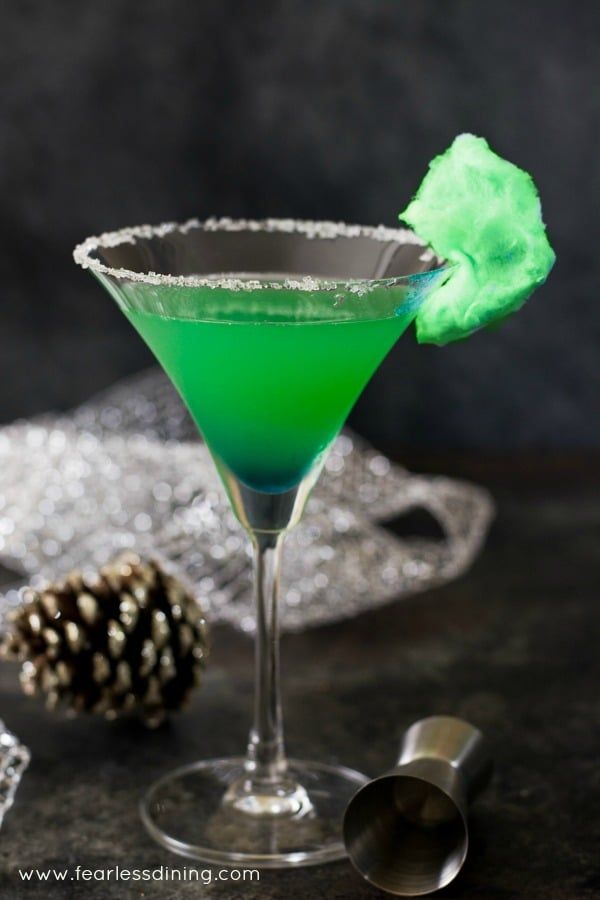
What to bring
What to bring with you depends on the purpose of your trip and vacation plans. For example, if you intend to spend a vacation in a remote village with a fishing rod on the banks of a river or lake, go for mushrooms and berries in the nearest forest, then it is hardly worth taking a dress suit and dress shirts with a set of ties with you. But to supplement the wardrobe with a work suit "for sunburn under the car" is highly desirable, as well as a pair of work gloves to keep hands clean.
Don't forget to take a bar of soap, several bottles of drinking water, groceries for the journey, a thermos of tea or coffee, cups or glasses according to the number of passengers, cutlery and a sharp knife, napkins and toilet paper.
You can never have too much money. Take with you as much as you need. Don't forget to include estimated gas costs, as well as a "stash" - an emergency supply in case of unforeseen expenses.
Organize luggage wisely.
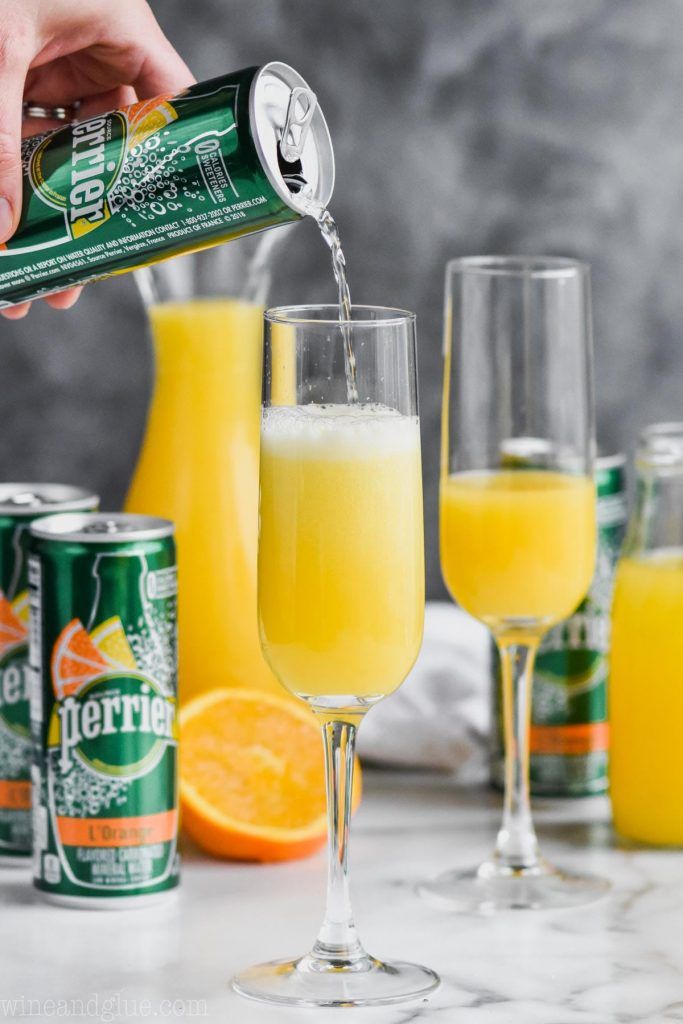 Put what you need on the road in the cabin, and things that will only be needed at your destination, such as fishing rods or beach equipment, in the trunk. It is useful to make a list of what and where you put, and in the future to stick to this order. Then you will save yourself from "archaeological excavations" in your luggage in search of the right thing.
Put what you need on the road in the cabin, and things that will only be needed at your destination, such as fishing rods or beach equipment, in the trunk. It is useful to make a list of what and where you put, and in the future to stick to this order. Then you will save yourself from "archaeological excavations" in your luggage in search of the right thing. All items must be collected one day before departure. When packing in a hurry at night before the trip, you run the risk of forgetting something, besides, before a long journey, you need to sleep (both the driver and passengers), and not rush around the apartment in search of a sleeping bag and an air mattress, which, according to the law of malice, will end up in the garage at the other end of the city or were given to use by a neighbor in the country last summer.
Where will the card go?
Artistic wisdom says: the best impromptu is the one prepared in advance. To paraphrase this statement, we can say that the best trip "where the eyes look" is the one whose route is carefully planned in advance.

A regular atlas or electronic map is suitable for planning a route. However, we do not recommend relying unconditionally on the navigator. Even maps of major cities are sometimes inaccurate. What can we say about the Russian hinterland. The good old paper map or atlas is much more reliable. Only it should not be "older" than a few years. Do not be lazy to climb the Internet, read specialized sites and forums. Experienced auto travelers willingly share their impressions on where you can have a tasty and inexpensive meal, where to fill your "iron horse" with high-quality gasoline, where to stay for the night and what sights that are not mentioned in any guidebook are worth seeing along the way.
When calculating the route in time, take 65-70 km/h as an average speed. If the road passes through a large number of settlements (especially if large cities come across along the way), then the average speed drops. In general, we must remember that the average speed when traveling long distances does not depend on the effort transmitted to the gas pedal, but on the number and duration of stops.
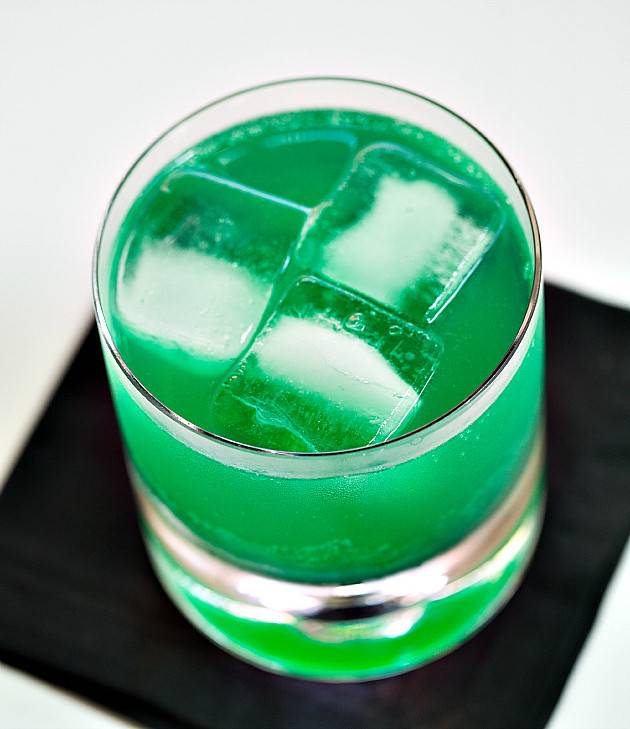 According to experience, 1000 kilometers on average are overcome in 14-15 hours.
According to experience, 1000 kilometers on average are overcome in 14-15 hours. Children, cats and dogs
For children, traveling by car can be an unforgettable adventure that will be remembered for a long time. And what will be this adventure, to a greater extent depends on adults. Still, it is better not to take very young children on a long journey so as not to create unnecessary trouble for yourself. Although everything here is very individual. Some carry almost babies with them and do not have any special problems with them, while others do not risk taking a teenager with them because, say, a child does not tolerate a trip in a car.
Let's not remind you again that the child must be properly fastened in the child restraint - you already know this. However, when traveling with children, you should take into account that your luggage can increase significantly. In addition to clothes and personal belongings of a small passenger, you will have to take with you a "baby first aid kit", sunscreen, favorite toys and books, and for very young children - children's hygiene products and food for the first time.
 For older children, bring plenty of drinks, water, and light snacks such as fruit, cookies, cheese, and your child's favorite treats.
For older children, bring plenty of drinks, water, and light snacks such as fruit, cookies, cheese, and your child's favorite treats. Many also take their pets with them on holiday. And their transportation in the car also requires special attention. Moreover, even one and a half to two hours of travel to the dacha is already quite a lot of stress for a caudate who is not used to this.
When traveling, cover the area where the animal will be with a special mattress or other cloth. For transporting small animals, use special containers or, at worst, a box or basket. Don't forget to bring a pet car drinker or a bowl to fill with water during the stop. Stops should be made every hour, especially when traveling with large breed dogs. Even in a few minutes, the dog will have time to run, drink water and do all the "important" things.
If your pet is sick in a car, give him anti-nausea pills before driving. Any veterinarian will recommend them. When traveling with animals, drive with increased attention.
 Do not turn sharply or brake. If a dog or cat shows concern, communicate with your pet. Your calm voice will calm the raging beast and support the timid one.
Do not turn sharply or brake. If a dog or cat shows concern, communicate with your pet. Your calm voice will calm the raging beast and support the timid one. Start key!
Those who like to travel by car are advised to leave in the pre-dawn twilight, so that they can travel as far as possible during the day, and stop for the night in the evening. But evening twilight is the most dangerous time for drivers traveling long distances. The fact is that it is very difficult for the eye to adjust from daylight to gradually getting darker. In addition, this transition has a pronounced soporific effect. Together with the accumulated fatigue (after all, before that we had been driving all day), this is already becoming dangerous. Therefore, if you plan to travel also at night, it is better to wait out the twilight and continue the journey after it gets dark.
Wear comfortable shoes. Shoes must be breathable. Then you are guaranteed comfort and health of the feet.

When driving, choose a comfortable speed based on actual driving conditions. Moving in a calm mode, you will get more pleasure from the road than pressing "on the whole trigger". Periodically look at the instruments, monitor the "well-being" of the machine. When driving through urban areas, slow down and keep an eye on the speedometer, as driving on the highway dulls the sense of speed. Be sure to assess the traffic situation before the maneuver. Do not start overtaking without making sure that the maneuver is completely safe. Do not start overtaking if you are not sure that you will have time to complete it. You should not "hang" on the tail of the one you are going to overtake, waiting for an opportunity, keep a safe distance. With the advent of the opportunity to maneuver, overtake smoothly, without "afterburner".
Stops should be made approximately every 4 hours. During these stops, you can have a snack, warm up or just take a walk. By the way, if there are several drivers in the car, it is also recommended to change every 4 hours.
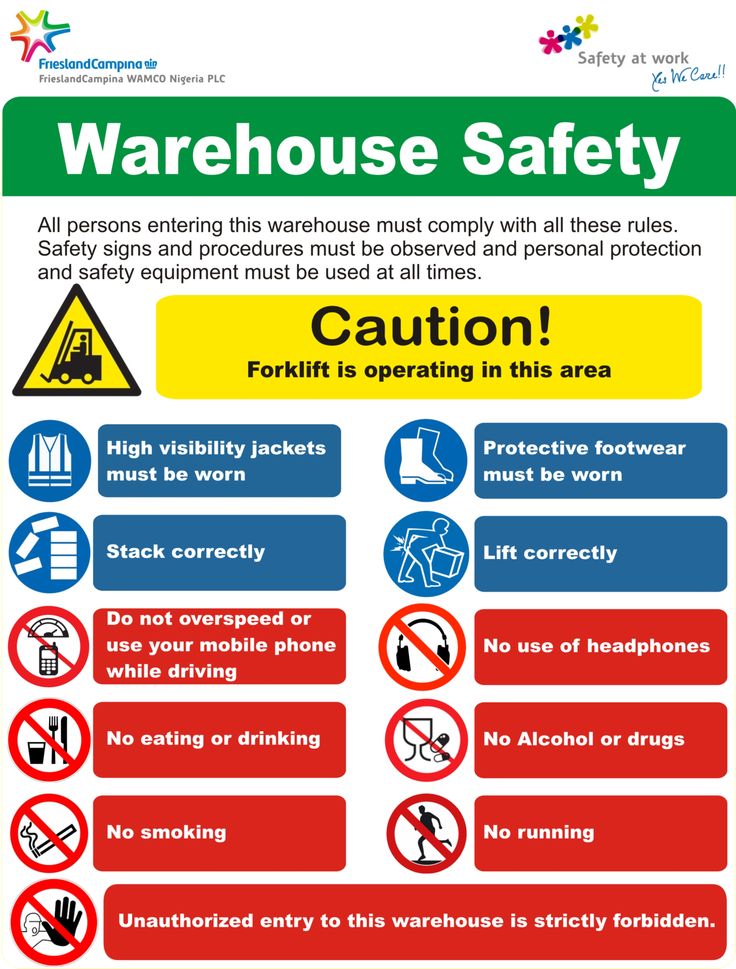
Bad weather conditions, broken road, forced movement in a "ragged" rhythm contribute to faster fatigue. In any case, if you feel tired, it is better to stop and rest than to risk and endanger your life. Some drivers resort to the help of various drinks that maintain a healthy state. They are based on caffeine with the addition of glucose and other substances that stimulate active brain activity. There is an opinion that such drinks are unhealthy, although I would like to say that everything is good in moderation. They should not be abused. Even if you drink five cans at once, this will not save you from falling asleep at the wheel if you have not slept for a day before, but you can support your activity when you are tired with one can.
Meals on the way
When traveling by car, we always have a choice - to eat in cafes and eateries or cook our own food. Each option has its pros and cons. The main advantage of the cafe is the absence of worries associated with the storage and preparation of food.
 And the minus is the lack of confidence in how and under what conditions and from what products your dinner was prepared.
And the minus is the lack of confidence in how and under what conditions and from what products your dinner was prepared. Unfortunately, roadside service in most of our cases is far from European, therefore a meal in random eateries threatens with unpleasant consequences from tasteless and unreasonably expensive food to food poisoning. But here, oddly enough, truckers can become an indicator of quality. Professional drivers are usually well aware of where you can eat, so if you see a bunch of trucks on the side of the cafe, then the food here is at least edible and inexpensive, and it is possible that here you will be offered to try something special like awesome branded pies, which you will pick up with you on the road.
For those who prefer to stock up on food at their point of departure rather than relying on roadside service, here are some tips to keep groceries on the road.
The best solution is a car refrigerator or an insulated bag (thermal bag, cooler bag).
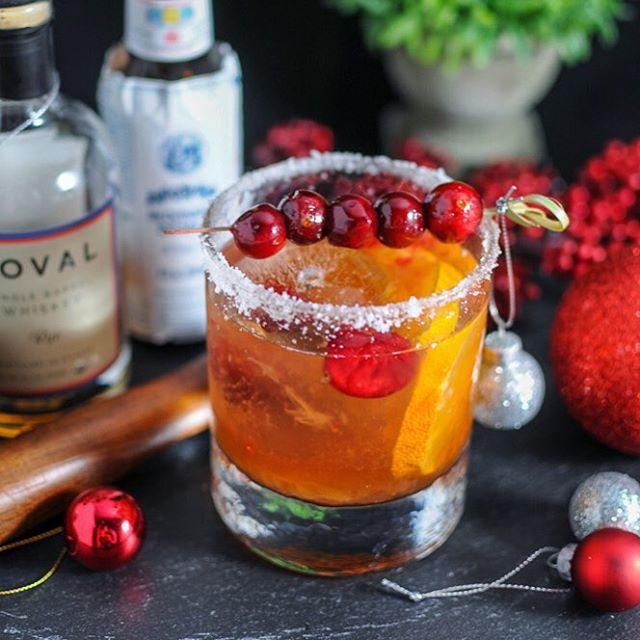 The first is a reduced copy of what each of us has in the kitchen. It is powered by the onboard 12 V power supply, but when using a car refrigerator, remember that if it is left on for several days, it will easily land your battery.
The first is a reduced copy of what each of us has in the kitchen. It is powered by the onboard 12 V power supply, but when using a car refrigerator, remember that if it is left on for several days, it will easily land your battery. The thermal bag is not powered by anything, it is made of materials that prevent heat exchange between the interior and the environment (therefore, it can be used to preserve not only cold, but also heat). To prolong the cooling effect, hold it before use for a couple of hours in the freezer, and when loading food into it, put special cooling elements (which are also pre-frozen in the freezer) or regular ice. Just make sure that the ice container is hermetically sealed!
If you don't have both on hand, it's best to avoid perishable foods, or at least plan to eat them at the first meal of the day. Food should be taken in a flexible sealed container. But be careful, your usual food in the car can turn into something incomprehensible: the chocolate will melt; the sausage will become wet, and the bread and cheese will become weathered and hard.
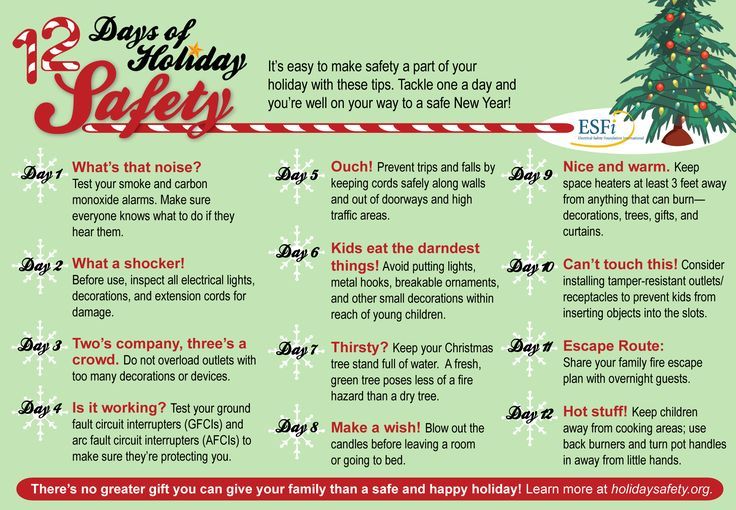 It is advisable to prepare food at home - fruits and vegetables need to be washed, but not cut - this way they will last longer. By the way, our grandparents successfully preserved meat for several days, tightly wrapping it with nettle leaves.
It is advisable to prepare food at home - fruits and vegetables need to be washed, but not cut - this way they will last longer. By the way, our grandparents successfully preserved meat for several days, tightly wrapping it with nettle leaves. If you plan to spend your vacation in a tent far from civilization, take care of provisions and drinking water for the entire vacation - it's not a fact that drinking water flows in a beautiful spring, next to which you set up a tent, but in the nearest rural "supermarket" you will find products that your body, accustomed to city food, will not "swear" at.
Overnight stay
When traveling more than 1400-1500 km, the question arises of spending the night. As always, there are many options. If there are two or fewer of you, you can sleep in the car, which is not very convenient and comfortable, but cheap and cheerful. True, you will have to take care of the "improvement" of the cabin in advance with the help of sleeping bags or air mattresses.
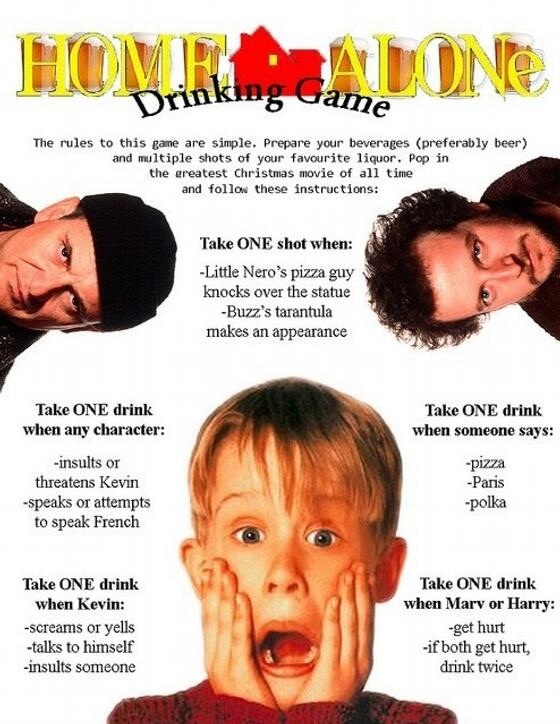 The main goal is to even out all the bumps in the cabin and provide the most complete rest. Otherwise, in the morning, instead of a joyful vacationer, an evil, sleepy, twisted creature will get out of the car. It is best to stop for the night in places of accumulation of the same truckers or near traffic police posts. It is only advisable to stay at least 30-50 meters from the highway in order to suffer less from the noise of cars passing by, whose drivers suffer from insomnia. It is not necessary to undress, but take off your shoes, otherwise there will be no good rest. Open windows on the side opposite the road. The second main option is an overnight stay in a hotel. Plan in advance in which city you want to stay for the night, and at the entrance to the city, ask the traffic police to recommend the nearest hotel or motel to you and ask about directions to them. This option is definitely preferable to the car interior if you have more than one overnight stay.
The main goal is to even out all the bumps in the cabin and provide the most complete rest. Otherwise, in the morning, instead of a joyful vacationer, an evil, sleepy, twisted creature will get out of the car. It is best to stop for the night in places of accumulation of the same truckers or near traffic police posts. It is only advisable to stay at least 30-50 meters from the highway in order to suffer less from the noise of cars passing by, whose drivers suffer from insomnia. It is not necessary to undress, but take off your shoes, otherwise there will be no good rest. Open windows on the side opposite the road. The second main option is an overnight stay in a hotel. Plan in advance in which city you want to stay for the night, and at the entrance to the city, ask the traffic police to recommend the nearest hotel or motel to you and ask about directions to them. This option is definitely preferable to the car interior if you have more than one overnight stay. There is a third option, suitable for moving a company in two or more cars - to set up tents in an open field, build a fire, sing songs with a guitar, dine on barbecue and baked potatoes.
 However, do not abuse alcohol, remember that tomorrow you will have a working day. This option “threatens” with the greatest loss of time, but in terms of the amount of pleasure delivered, it has no equal.
However, do not abuse alcohol, remember that tomorrow you will have a working day. This option “threatens” with the greatest loss of time, but in terms of the amount of pleasure delivered, it has no equal. Have a nice trip - and a pleasant stay!
Top
Return to list
Site map
X
Password recovery
If you have forgotten your password, please enter your login or E-Mail. The control line for changing the password, as well as your registration data will be sent to you by E-Mail.
Login *
E-Mail *
I agree (to) and give the right to Vodokanal-Chita JSC to store and process
personal data sent by me in electronic form
in compliance with the requirements of Russian legislation on personal data.Consent is required
for the processing of personal dataEnter the word in the picture*
or
Login
Sitemap
Sorry, the page you requested was not found.
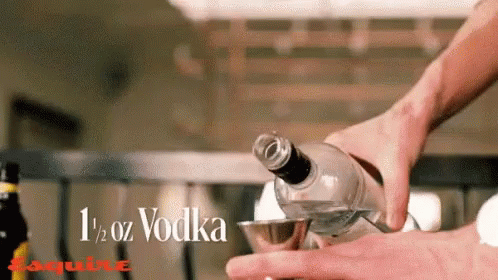
- About us
- General information
- History
- Addresses of subscriber departments
- Vacancies
- Information
- Policy
- Post
- Results of a special labor assessment
- Reporting
JSC "Vodokanal-Chita", Russia, 672000, Chita, st. 63 Zabaykalskogo working d., Documents
- General information
- Key indicators of financial and economic activity
- Annual reports
- Licenses
- Reporting
- SRO
- News
JSC "Vodokanal-Chita", Russia, 672000, Chita, st. 63 Zabaikalskogo Rabochy d., News
- Company news
- Photo reports
- Information Zabaikalsky working d.
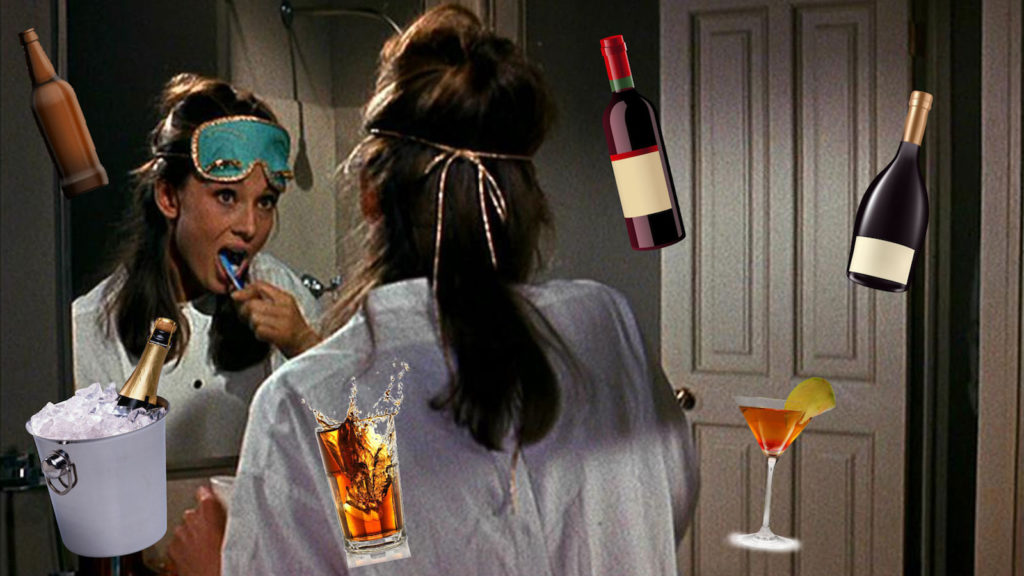
- About us














